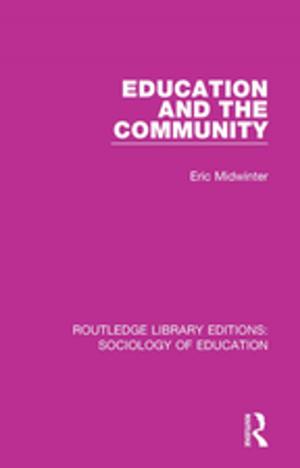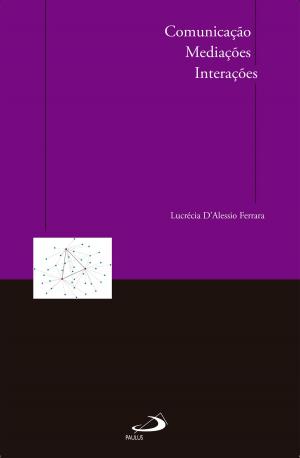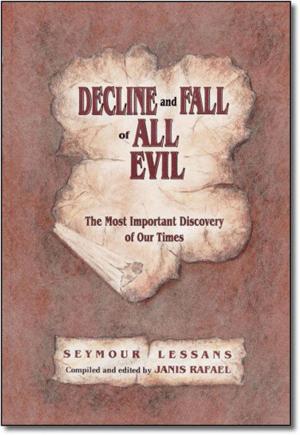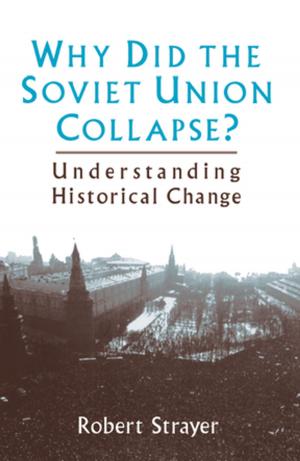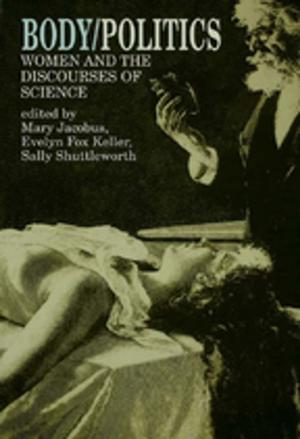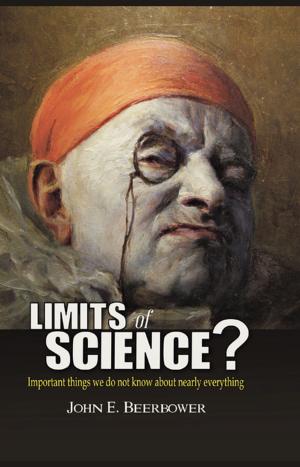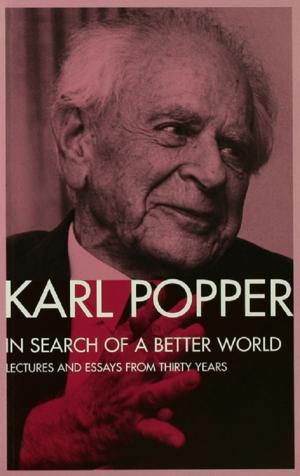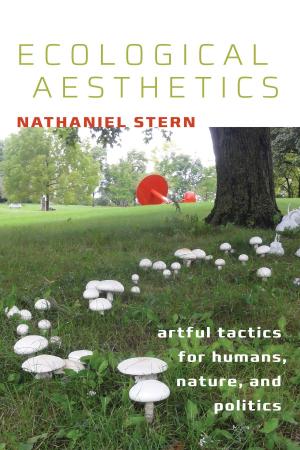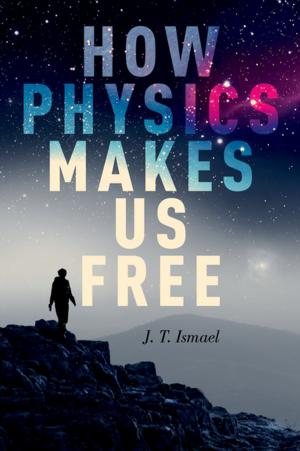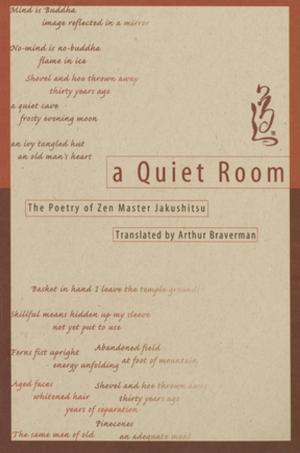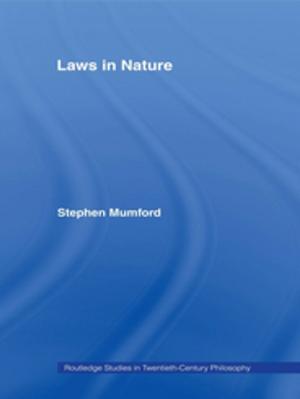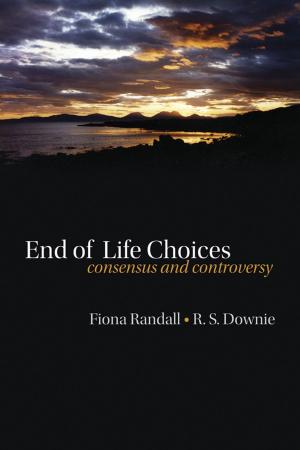Postmodernist Reality: Postmodernist Fiction, Realism, and the Representation of Reality
Nonfiction, Religion & Spirituality, Philosophy| Author: | Linda Darling | ISBN: | 9781458142900 |
| Publisher: | Linda Darling | Publication: | March 20, 2011 |
| Imprint: | Smashwords Edition | Language: | English |
| Author: | Linda Darling |
| ISBN: | 9781458142900 |
| Publisher: | Linda Darling |
| Publication: | March 20, 2011 |
| Imprint: | Smashwords Edition |
| Language: | English |
This eloquent introduction to postmodernism explores how post-war British fiction reinvents and re-evaluates the literary conventions of Realism. By exploring how classic literary devices such as the omniscient narrator, narrative closure, coherent narration and characterisation are reworked, the author shows how Realism is extended to portray the multiple realities that characterise our contemporary world.
The novels discussed include Peter Ackroyd’s Hawksmoor (1985), Kazuo Ishiguro’s When We Were Orphans (2000), Ian McEwan’s Atonement (2001), Julian Barnes’s Flaubert’s Parrot (1984), and A History of the World in 10½ Chapters (1989). By focusing on the modes these literary texts approach the relations between past and present, the elusiveness of history, and the distortions of memory, this study sets out to show how postmodern British fiction reconceptualises the reader’s conceptions of both historical knowledge and fiction.
This eloquent introduction to postmodernism explores how post-war British fiction reinvents and re-evaluates the literary conventions of Realism. By exploring how classic literary devices such as the omniscient narrator, narrative closure, coherent narration and characterisation are reworked, the author shows how Realism is extended to portray the multiple realities that characterise our contemporary world.
The novels discussed include Peter Ackroyd’s Hawksmoor (1985), Kazuo Ishiguro’s When We Were Orphans (2000), Ian McEwan’s Atonement (2001), Julian Barnes’s Flaubert’s Parrot (1984), and A History of the World in 10½ Chapters (1989). By focusing on the modes these literary texts approach the relations between past and present, the elusiveness of history, and the distortions of memory, this study sets out to show how postmodern British fiction reconceptualises the reader’s conceptions of both historical knowledge and fiction.

